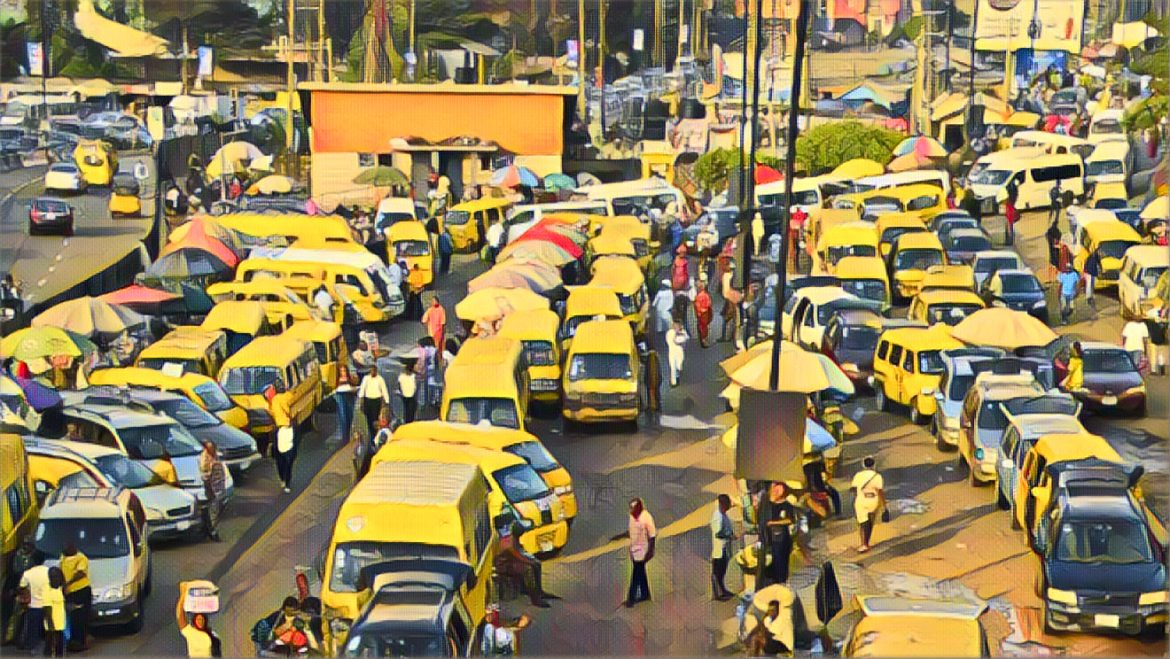Nigeria’s transport and storage industry has entered a recession for the first time in two and a half years, following a sharp decline in the third quarter of 2023. The industry contracted by 35.9 per cent in real terms, compared to a negative growth of 50.6 per cent in the previous quarter, according to the latest report by the National Bureau of Statistics (NBS).
The main reason for the slump is the removal of the petrol subsidy by President Bola Tinubu in May, which tripled the pump price of petrol from N184 to N617 per litre. This led to a surge in transportation fares, affecting millions of Nigerians who rely on public transport, especially workers in the private sector.
The high cost of fuel also reduced the demand for transport services, as consumers’ real income declined. Many motorists switched to more fuel-efficient cars or drove less to work, leaving some roads in Lagos, the country’s commercial hub, less congested than usual.
The road transport sub-sector, which accounts for the largest share of the industry, shrank by 43.65 per cent in the third quarter, after a 55.1 per cent contraction in the second quarter. Only four of the six sub-activities under the transport and storage industry recorded positive growth: rail transport and pipelines, water transport, air transport and transport services.
The recession in the transport sector has also contributed to the country’s inflation rate, which rose to an 18-year high of 27.33 per cent in October, up from 26.72 per cent in September. The high cost of energy is one of the major drivers of inflation, as it affects the prices of other goods and services.
Nigeria is not the only African country facing transport challenges. In South Africa, the transport sector contracted by 10.4 per cent in the second quarter of 2023, as the Covid-19 pandemic and civil unrest disrupted economic activity. In Kenya, the transport sector grew by 5.6 per cent in the second quarter but still faced difficulties due to high fuel prices and low passenger numbers.
The Nigerian government has said that the removal of the petrol subsidy was necessary to save the country from going under, as the subsidy was unsustainable and prone to corruption. It also said that the deregulation of the downstream sector would attract more investment and create more jobs.
However, some experts have argued that the subsidy removal was poorly timed and implemented, as it came amid a global economic crisis and a weak recovery from the COVID-19 pandemic. They have called for more palliative measures to cushion the impact of the fuel price hike on the poor and vulnerable segments of society.
The transport sector is vital for the economic development of Nigeria, as it facilitates the movement of people and goods across the country. It also provides employment and income for millions of Nigerians. The sector needs urgent intervention and reform to overcome its current challenges and achieve its full potential.
Some of the possible solutions include improving the state of the roads, enhancing the security of transport infrastructure, diversifying the sources of energy, promoting the use of public transport and alternative modes of transport, and providing incentives for the adoption of electric vehicles.
Source: BusinessDay


